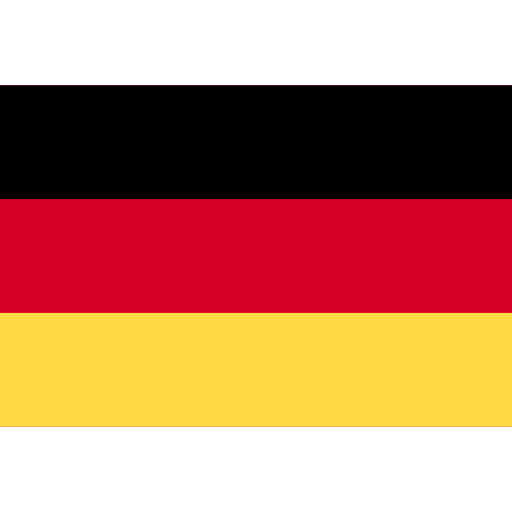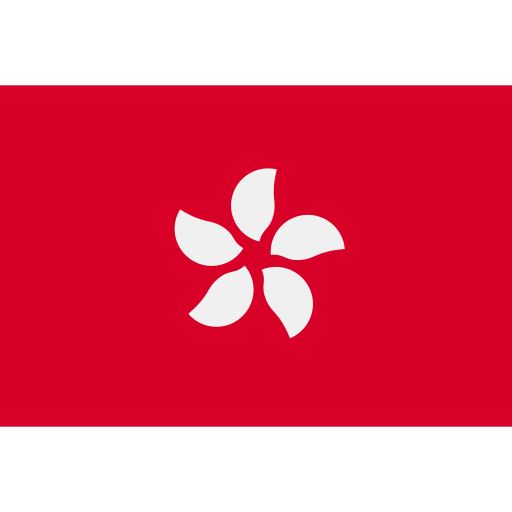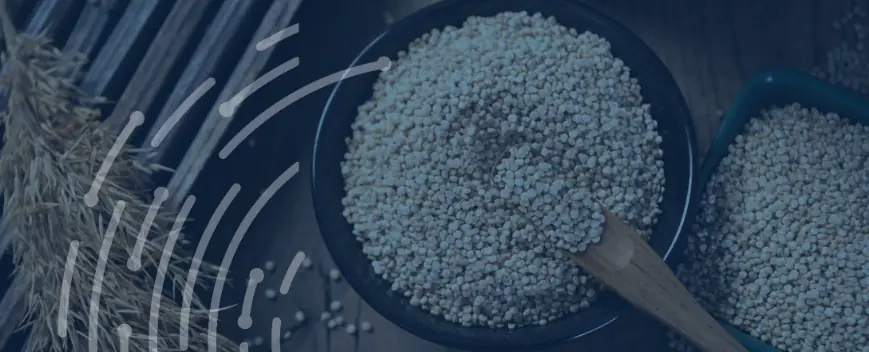Pasta & Cous Cous (SIC 10730)

Access trade, receivables and supply chain finance
We assist companies to access trade and receivables finance through our relationships with 270+ banks, funds and alternative finance houses.
Get startedContent
Growing consumer interest in international food products has been a key driver for international trade flows. No product group illustrates this better than pasta and cous cous. Considered as niche food products in major developed economies only half a century ago, both are now staple mainstays of many consumers diet, with trade volumes of both products remaining robust. Trade Finance Global has a range of products to support traders in these products, ranging from help with cashflow pressure caused by trade cycles to larger loans to invest in new, profitable growth ventures.
Pasta & Cous Cous Trade Finance
Growing numbers of working women and younger consumers are driving demand for products perceived as healthy to eat and quick to prepare. Coupled with the long shelf life of both products, demand for pasta and cous cous has consequently continued to grow. Trade in these products has traditionally been straightforward and profitable, as suppliers import goods and sell them into major retailers, who retail them to consumers through their established distribution networks. As global retail markets become more established and efficient, demand for both these products has grown.
Moreover, astute market leaders are capitalising on consumer demand for diversity by manufacturing specialist pasta products. These can take the form of flavoured or coloured pastas, or niche products such as wholemeal, reduced carbohydrate, fortified or gluten-free pasta. Under pressure from private labels and own-brand producers, the larger pasta brands have also pioneered the use of solely natural additives in pasta products in an attempt to consolidate and expand their market shares.
This demand for quantity and quality of these goods can put pressure on suppliers’ order books. As international orders become larger and more frequent, the trade cycle between paying suppliers to dispatch goods and returning a profit on the sale of the imported receivable lengthens, which has put serious pressure on many agents’ cashflow. Trade finance products can bridge this gap by providing a source of credit to buyers to pay their suppliers and return a profit on their investment before repaying the lender.
Products financed
Key pasta products include:
- Fresh pasta
- Dried pasta
- Spaghetti
- Macaroni
- Noodles
- Cous cous
- Other farinaceous products
Pasta Producer – Finance Requirements
- Your business has a proven history of trading profitably
- Your business is creditworthy
- Your proposed venture is underpinned by a clear business plan with an identified customer
How the transaction works
Trade Finance Global can provide trade finance without stringent capital requirements. Instead, loans and repayment terms are arranged using business activities as collateral. This can take the form of unpaid invoice finance, accounts receivable finance, or even finance using the receivable goods themselves. Once agreed, TFG will provide a line of credit to the buyer to allow them to pay suppliers immediately for goods upon proof of dispatch. This can often give buyers bargaining power with suppliers, which can result in supplier discounts. Once dispatched, lengthy repayment terms account for the inherent trade cycle, granting the buyer time to receive, process and sell the receivable before repaying the finance using the profits generated from the venture.
What is the SIC Code for Trade in Food & Drink?
SIC Code
10730
Manufacture of macaroni, noodles, couscous and similar farinaceous products
Other SIC Codes that could also be used are:
Trade in “pasta goods” is an umbrella term for a wide range of products including pastas, macaroni, noodles and cous cous. The production of these goods is covered by a single SIC code.
A separate trade finance pages exists for Food & Drink Trade Finance.
Case Study

Producer, Food & Drink Trade
A small Scottish food production business determined to expand its sales in China worked with TFG and its buyers to ensure it was paid promptly before exporting its products.






















